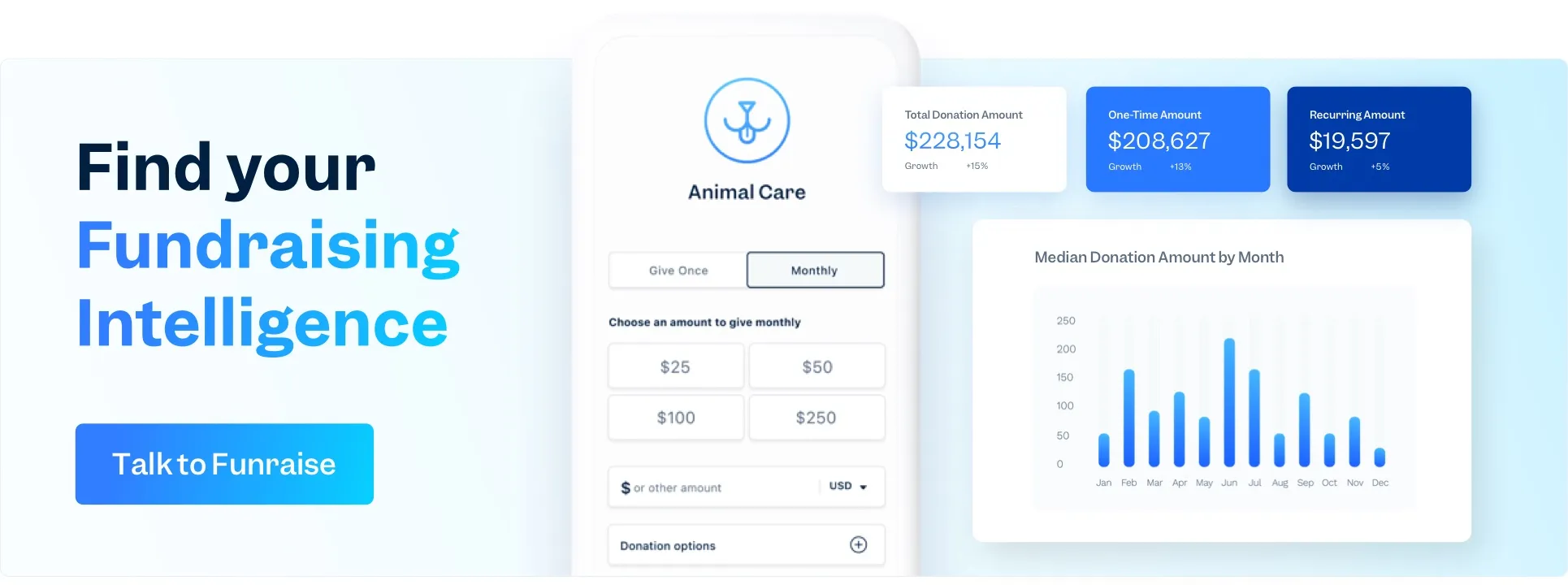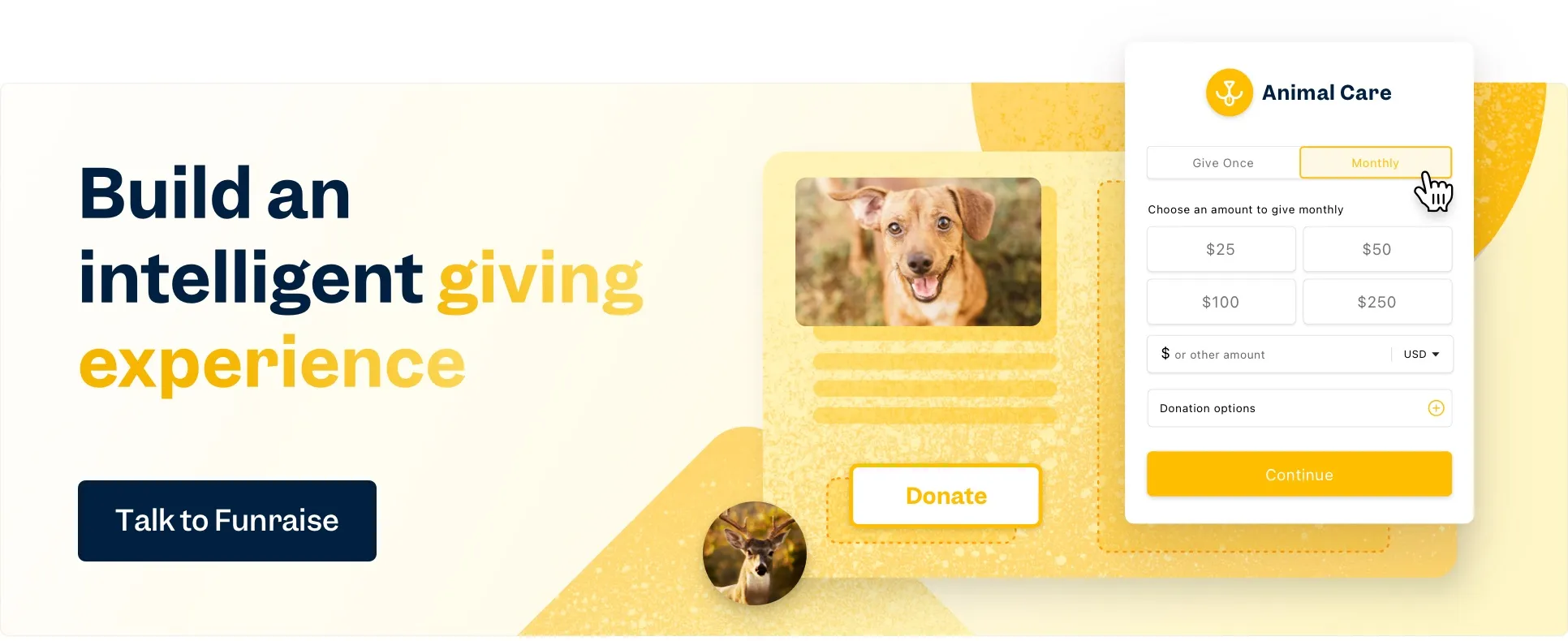Issa Rae started her career working for nonprofits. Years later, as she wrote, created, and acted in her own award-winning TV series Insecure, Rae started the pilot with a portrait of her nonprofit experience, which we learn about through the lens of the similarly-named protagonist, Issa Dee.
The scene opens with images of Issa Dee's workplace: Her white boss is wearing a dashiki and has photos of Martin Luther King, Jr. and Beyonce on her desk. Cue the voice-over: "My boss founded a nonprofit to help kids from the 'hood, but she didn't hire anybody from the 'hood." The nonprofit is called We Got Y'All, and its logo depicts a giant white hand holding the silhouette of three Black children.
In my last article, I looked into how nonprofit leaders can stay in their work for the long haul, reflecting on a range of perspectives from Black, Indigenous, and People of Colour (BIPOC) writers. The whole thing started from the premise of "We're all in this together", but I didn't take into account the variety and nuance of experience within that overarching "we". The next step is to peel back some of those layers and look into the very distinct experiences of BIPOC nonprofit workers and their white colleagues who are over-represented in positions of power.
Where to start? Let's explore the phenomenon of white saviorism: what it is, where it comes from, what the consequences are for BIPOC communities, and what white colleagues and leaders can do about it.
What is White Saviorism?
In Insecure, Rae gives a masterclass on how these tropes show up in the nonprofit world. In one story arc, Issa Dee takes the initiative to extend the supports that We Got Y'All provides. Organizations like hers work in Inglewood's Black and Latinx neighbourhoods to offer academic tutoring and basketball drop-ins, a focus she feels is "limiting". In one scene, she calls a meeting with her colleagues to present some ideas for arts programming. The response is... not great. Let's join the meeting...
"Wouldn't they rather go to an African-American museum?" asks a colleague. "Or, like, a Latino museum, and just see how much more grateful other generations were?"
"Oh my God," interjects another, "What about hip-hop Shakespeare!"
A third cuts in to suggest a drum circle. "That really helps with aggression," she adds.
And... scene! It's enough to make you cringe. I know I did, anyway.
Where does White Saviorism Come From?
With We Got Y'All... I really wanted to just depict my nightmare nonprofit organization. I found the world of nonprofits funny to begin with just because having worked there, you see that people are so altruistic, and... pretty selfless and you're working generally for a great cause.
But the atmosphere within the work environment can be oddly competitive. People want the credit. Sometimes they don't listen to the people they're trying to help. And for me, this White guilt is so prevalent at this nonprofit. And they're so—they treat the kids as this pity party. And for me, I would hate to work in an environment like this, but it's ripe for comedy.
While Rae doesn't invoke white saviorism explicitly, her characterization is as good as any I've seen. Other commentators are more explicit, like Bianca Baldridge, a sociologist who is a former youth worker in after-school programs like the ones presented in the show. Writing for Black Youth Project, Bianca makes the case that Insecure "forcefully addresses the realities of white leaders with savior complexes in the youth development world." She encourages leaders to move past the "paternalistic approaches" like We Got Y'all, which "treat Black and Latinx youth as objects and not as human beings." The alternative, she says, is as simple as "focusing on what young people bring to afterschool programs... and the strengths and skills they already possess."
Saviorism Consequences: Opportunity Hoarding
Now, what do narratives like Insecure reveal about the consequences of white saviorism for BIPOC communities? While generalizing across diverse experiences is fraught, Manny Fidel, in their viral video, sees some common patterns in their reading of film history. And of course these white savior characters have consequences in the real world, too, as a result of actions like these:
- Making characters of colour far less important in their own stories than white characters.
- Simplifying or fabricating the details of historical stories for sentimental effect,
- Reinforcing the idea that racism wasn't an issue before, and is largely gone today.
- Minimizing the lived experiences of people of colour that continue today.
- Glorifying the racist behaviour of protagonists, who maintain their problematic assumptions about people of colour while refusing to acknowledge the harm they've caused.
The Conundrum of Privilege
Looking at the patterns behind these stories as a whole, they raise some pretty uncomfortable questions for nonprofits. Namely, what are nonprofit leaders and people with privilege going to do about it?
With Insecure, Rae has given us a template for identifying saviorism when we see it and telling a different kind of story on purpose. In her work with one school, Rae's character, Issa Dee, is faced with a dilemma. The principal, who is Black, is explicitly prejudiced against the school's growing population of Latinx kids. He not only discourages their participation in the program, but uses his shared identity with Issa Dee to dismiss her concerns. It's an extremely delicate situation, and Issa Dee's position at work is already precarious. Rather than stick her neck out, she hedges, first by ignoring the problem, and then by streaming the Latinx kids into a separate set of workshops over the weekend. She eventually owns up to the consequences of her decision to segregate the kids to avoid rocking the boat. Whether she was "right" or "wrong" was not the point; there were consequences to her actions, and she answered for them.
So how do we do right by the values we hold dear? For Issa Dee, the way forward is to acknowledge the day-to-day dilemmas we face as a result of our privilege. To own up to the trade-offs we make along the way. And, hopefully, to make it right any time we got it wrong.
As an American fundraiser working in Iraq, Jeremy Courtney faced these kinds of dilemmas all the time. While it wasn't easy to take a principled position on American "complicity," he thought it was worth it:
No one just arrives at failed state status. No one just arrives at genocide. No one just arrives at poverty. And so we've worked to take kind of a systemic approach to how we communicate things, which is a—it's a long slog, sometimes. It's easier to just say "People are poor, give money." Or "War sucks, give money."
We [Preemptive Love] turn people off by wading into what they might call political waters. We've turned a lot of people off by interrogating U.S. complicity, along with Iraqi complicity, along with Iranian complicity. So we play the long game.
The work of unmaking saviorism is not to point the finger at others and to label anyone as a jerk. It's simply to acknowledge that, by being white or benefitting from your proximity to whiteness, you are surrounded by problematic incentives and hard decisions. In other words, the point isn't to be perfect. Maybe it's enough to embrace being insecure.
Sources
“'Awkward' And 'Insecure' Get To The Root Of Writer Issa Rae's Humor.” Edited by Terry Gross, Fresh Air, NPR, 3 Sept. 2018, www.klcc.org/post/awkward-and-insecure-get-root-writer-issa-raes-humor-1.
Baldridge, Bianca. “It's Not Just We Got Y'all: When Non-Profits Frame Black Youth as Deprived & in Need of Saviors.” The Black Youth Project, 6 Sept. 2018, blackyouthproject.com/its-not-just-we-got-yall-when-non-profits-frame-black-youth-as-deprived-in-need-of-saviors/.
Cadet, Talia. “‘Insecure’ Season 3, Episode 2 Recap: It's OK to Need Help.” The 94 Percent, The 94 Percent, 20 Aug. 2018, www.wearethe94percent.com/tea-time-1/2018/8/20/insecure-season-3-episode-2-recap-its-ok-to-need-help.
Courtney, Jeremy, and Justin Wheeler. “Inspiration for Leaders Who Need It (From a CEO Who Found the Courage to Be Bold).” Nonstop Nonprofit, Funraise, 5 Aug. 2020, nonstopnonprofitpodcast.com/episodes/inspiration-for-leaders-who-need-it-from-a-ceo-who-found-the-courage-to-be-bold.
Fidel, Manny, director. How White Savior Movies Hurt Hollywood. YouTube, Insider, 15 Mar. 2019, youtu.be/0sdC6RxaY-Q.
Gant, Essence. “Here's The One Thing You Never Noticed About The Show ‘Insecure.’” BuzzFeed, 24 Aug. 2017, www.buzzfeed.com/essencegant/heres-the-one-thing-you-never-noticed-about-the-show.
Hagerman, Margaret. “Op-Ed: White Progressive Parents and the Conundrum of Privilege.” Los Angeles Times, 30 Sept. 2018, www.latimes.com/opinion/op-ed/la-oe-hagerman-white-parents-20180930-story.html.
“Insecure (TV Series).” Wikipedia, Wikimedia Foundation, 21 Sept. 2020, en.wikipedia.org/wiki/Insecure_(TV_series).
McFarland, Melanie. “‘Insecure’ in the Workplace: Issa Rae Nails the Frustrations of Being Black at the Office.” Salon, 28 Oct. 2016, www.salon.com/2016/10/27/insecure-in-the-workplace-issa-rae-nails-the-frustration-of-being-black-at-the-office/.
Rae, Issa. We Got Y'all, wegotyall.com/.
Reeves, Richard. “How the Middle Class Hoards Wealth and Opportunity for Itself.” The Guardian, Guardian News and Media, 15 July 2017, www.theguardian.com/inequality/2017/jul/15/how-us-middle-classes-hoard-opportunity-privilege.































.webp)
.webp)











.webp)
.webp)

.webp)
.webp)
.webp)




